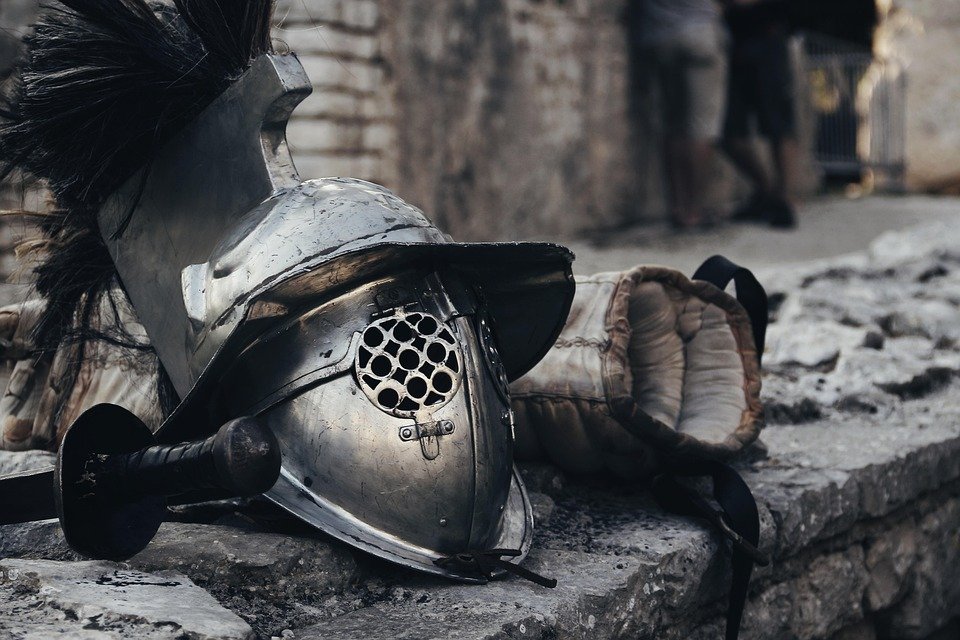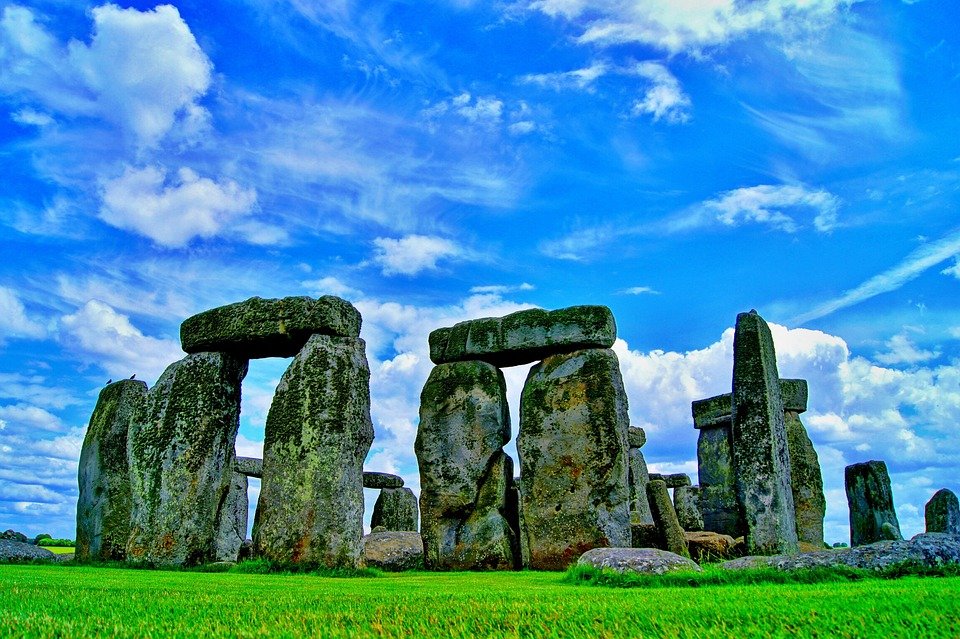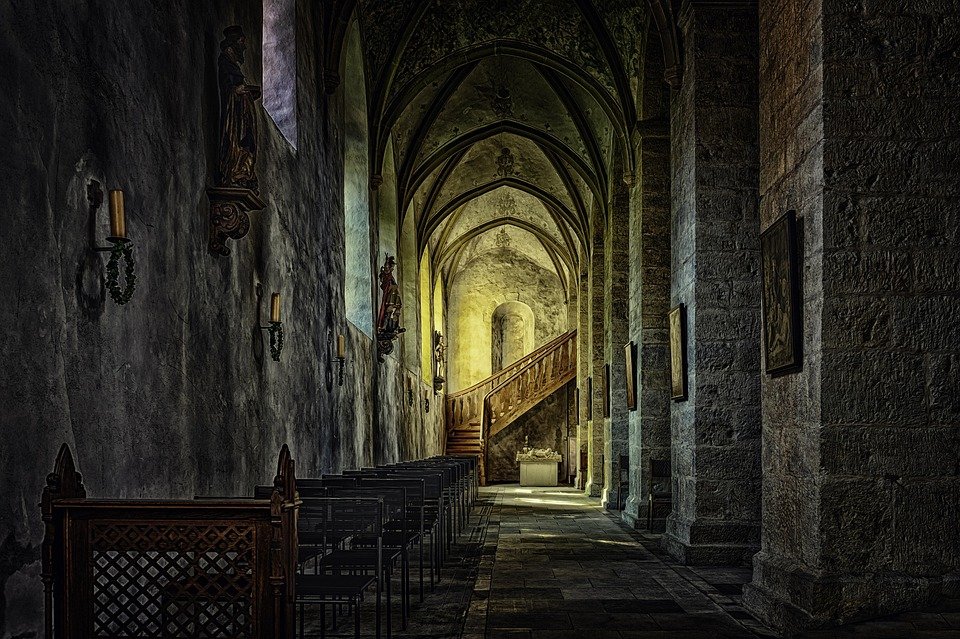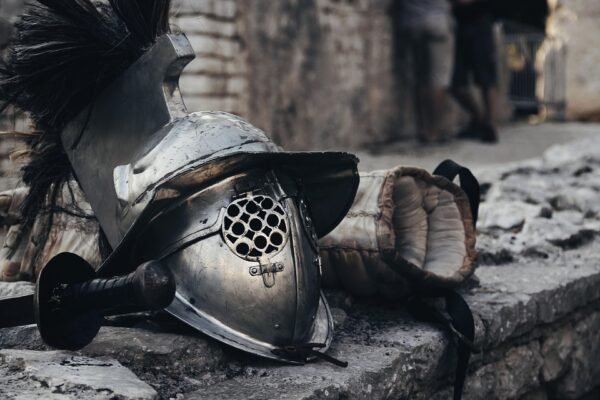
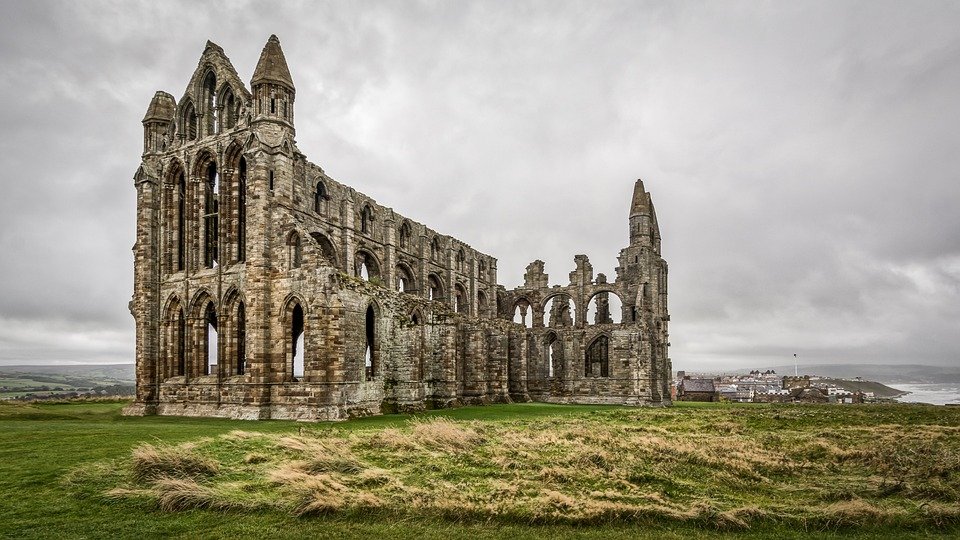
On this day: November 9
November 9 has been a significant day in history with a number of important events taking place over the years. Let’s take a look at some of the key moments that have occurred on this day.
November 9, 1989: Fall of the Berlin Wall
One of the most iconic events of the 20th century took place on November 9, 1989, when the Berlin Wall fell. The wall had divided East and West Berlin since 1961, serving as a physical and ideological barrier between the communist East and the capitalist West. The fall of the wall marked the end of the Cold War and symbolized the reunification of Germany.
Thousands of East Berliners flooded into West Berlin as the wall came down, celebrating the historic moment and paving the way for the reunification of the country. The fall of the Berlin Wall is considered a turning point in modern history and a symbol of hope and unity.
November 9, 1938: Kristallnacht
On November 9, 1938, a violent anti-Jewish pogrom took place in Nazi Germany, known as Kristallnacht or the “Night of Broken Glass.” The event was a coordinated attack on Jewish businesses, homes, and synagogues, resulting in widespread destruction and violence against the Jewish population.
During Kristallnacht, over 1,000 synagogues were burned, thousands of Jewish businesses were destroyed, and countless Jewish individuals were arrested and killed. The event marked a significant escalation of the persecution of Jews in Germany and foreshadowed the horrors of the Holocaust.
November 9, 1965: Power Outage in the Northeastern United States
On November 9, 1965, a massive power outage occurred in the northeastern United States, affecting over 30 million people in New York, New Jersey, and parts of Canada. The blackout lasted for up to 13 hours and was caused by a series of technical failures in the power grid.
The power outage led to widespread chaos and disruption, with traffic jams, looting, and a strain on emergency services. The event highlighted the vulnerability of the electrical infrastructure and prompted improvements in the system to prevent similar incidents in the future.
November 9, 1918: End of World War I
On November 9, 1918, the German Empire declared an armistice with the Allies, effectively ending World War I. The armistice came into effect on November 11, 1918, marking the end of the four-year conflict that had devastated Europe and resulted in millions of casualties.
The end of World War I led to the signing of the Treaty of Versailles in 1919, which imposed harsh penalties on Germany and laid the groundwork for the rise of Adolf Hitler and the outbreak of World War II. The armistice of November 11 is commemorated as Armistice Day in many countries around the world.
November 9, 1799: Coup of 18 Brumaire
On November 9, 1799, Napoleon Bonaparte staged a coup d’état in France known as the Coup of 18 Brumaire, overthrowing the Directory government and establishing himself as the ruler of France. The coup marked the end of the French Revolution and the beginning of Napoleon’s rise to power.
Following the coup, Napoleon was appointed First Consul of France and eventually declared himself Emperor in 1804. His rule marked a period of significant military conquests and political reforms in France and across Europe, shaping the course of history for years to come.
Conclusion
November 9 has been a day of both triumph and tragedy throughout history, with events that have shaped the world we live in today. From the fall of the Berlin Wall to the horrors of Kristallnacht, each event on this day serves as a reminder of the power of human actions to change the course of history.




